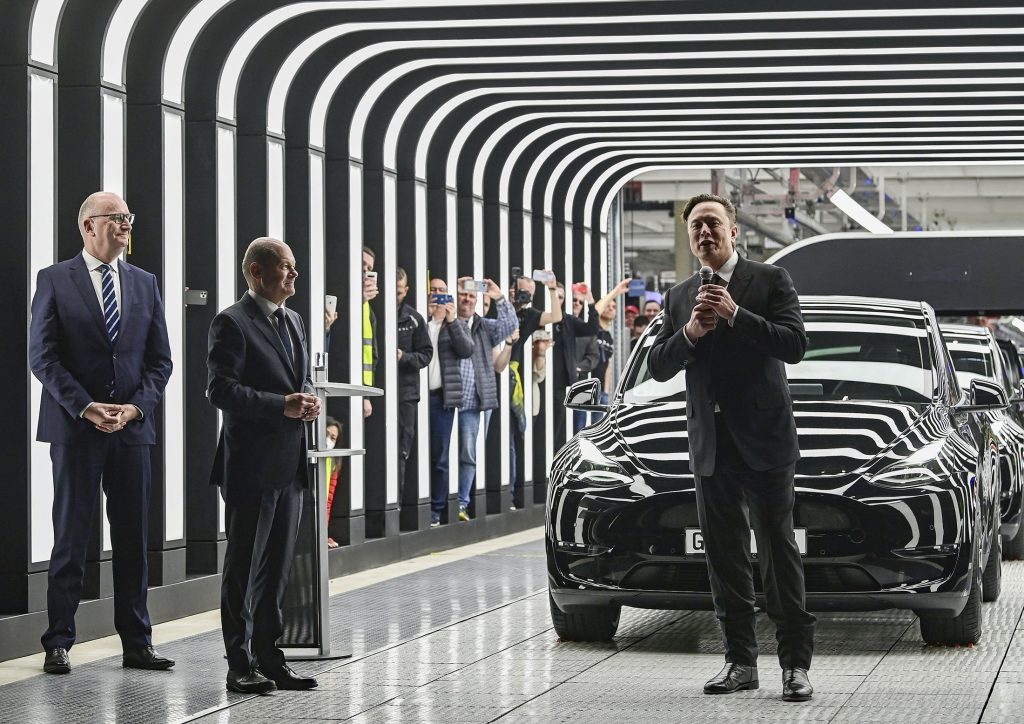
Tesla’s Bold Plans: Expansion and Battery Production Boost at Berlin Factory Despite US Focus
Tesla (NASDAQ: TSLA) is gearing up for significant changes at its Berlin factory, including an expansion of battery production, indicating that its production growth plans remain on track despite recent emphasis on expanding operations in the United States.
Just a day after Tesla attempted to address local concerns through a Q&A session about its expansion plans, environmental and water management application documents, released by local authorities on Wednesday, revealed an extensive list of modifications Tesla intends to make at its electric vehicle and battery production facility.
The documents outline Tesla’s intention to produce lithium-ion battery cells for use in electric vehicles and energy storage systems globally, with the expansion including testing of battery components, new material blending areas, and “all other processes and components for the production of anodes and cathodes.”
In February this year, Tesla announced its plans to assemble battery modules at its German plant and start electrode production. However, it has not yet commenced this activity as the company prioritized cell production in the United States due to incentives provided under the Inflation Reduction Act.
Tesla has not responded immediately to requests for comment on the progress of battery production in Germany.
Ultimately, Tesla aims to double its capacity to produce 100 gigawatt-hours of batteries and manufacture 1 million vehicles annually, surpassing Volkswagen’s headquarters in Wolfsburg.
Currently, Tesla produces approximately 5,000 vehicles per week in Grünheide, with no specific timeline announced for the production increase.
The modifications mentioned in the application, which represent the initial phase of a three-part plan, are expected to be implemented by the first half of 2024, involving expansion or modification of existing facility areas such as water recirculation, press shop, and paint shop, as well as the construction of new elements like material storage facilities.
Tesla has faced considerable delays in the planned opening of its factory due to numerous objections raised by local residents, primarily related to environmental impact and water usage.
Local residents have until mid-September to raise objections against the latest proposals.
As part of its expansion, Tesla has committed to not utilizing additional water resources and instead focusing on recycling 1.4 million cubic meters of water, for which it holds a valid license.




